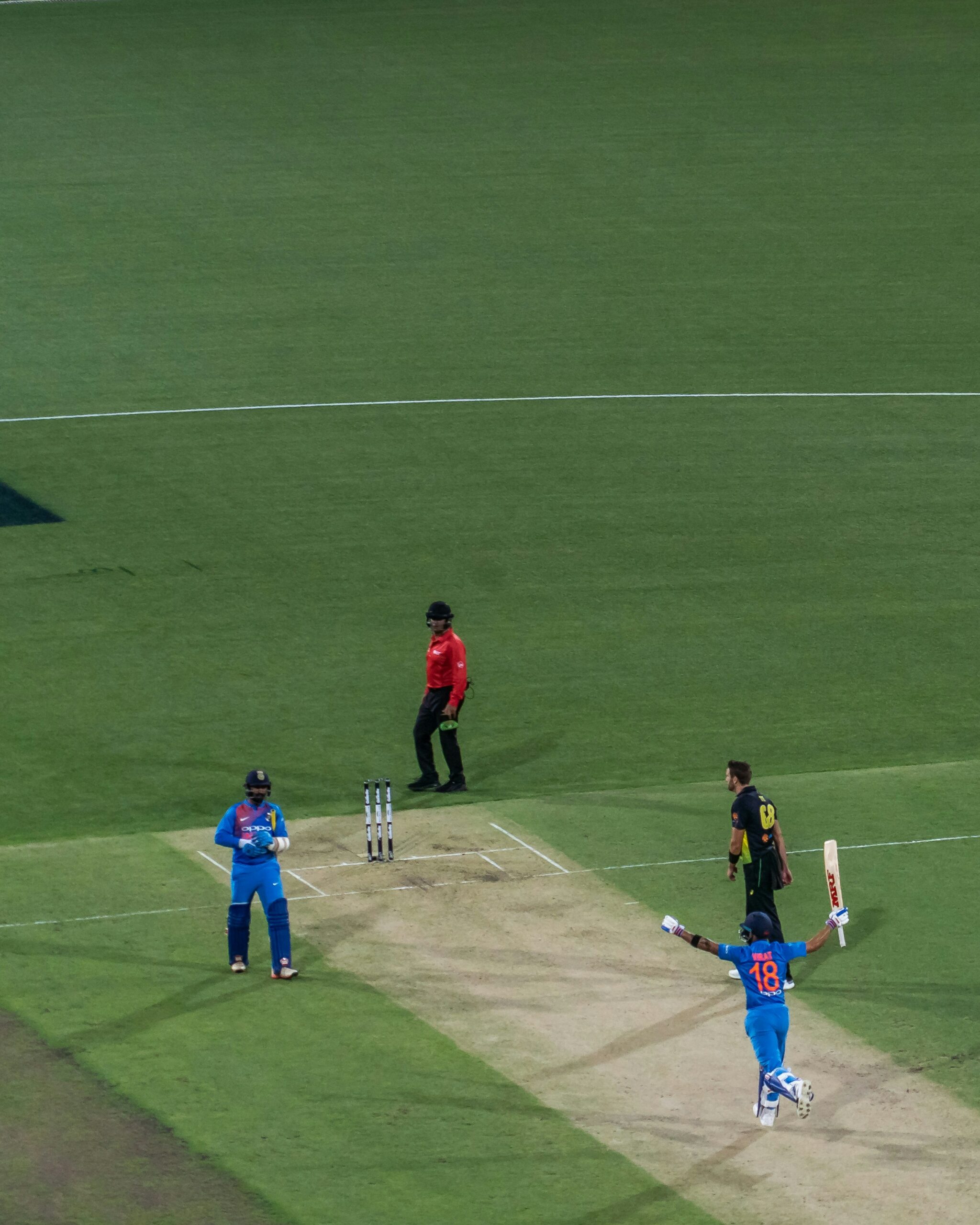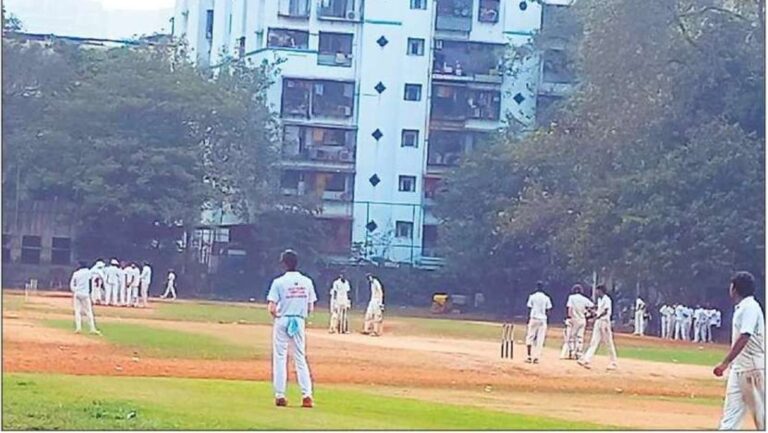IPL and Cultural Diplomacy: Cricket as a Tool for International Relations
Reddy Book Club, Gold365: Cricket, with its origins dating back to the late 16th century in England, has evolved from a leisurely pastime to a global phenomenon. As British colonialism spread across the world, the sport of cricket followed suit, becoming popular in countries like India, Australia, the West Indies, and South Africa. The competitive spirit and camaraderie fostered on the cricket field transcended cultural boundaries, making it a unifying force for people across different continents.
The laws of cricket were standardized in the 18th century, paving the way for structured competitions and international matches. As the sport grew in popularity, countries started forming national teams and participating in friendly matches against one another. The first international cricket match took place in 1844 between the United States and Canada, setting the stage for the global reach of the sport in the years to come.
The Role of Cricket in Fostering Diplomatic Relations
Cricket, a sport with deep-rooted historical significance, has evolved into a powerful tool for fostering diplomatic relations between nations. The spirit of competition on the cricket field often transcends boundaries and brings people together in a shared love for the game. This common ground offers a platform for countries to engage in friendly competition, leading to interactions that go beyond political differences.
Through bilateral cricket series and international tournaments, nations have the opportunity to showcase their talent on a global stage, building bridges that extend beyond the cricket pitch. These sporting events provide a unique setting for cultural exchange and promote understanding between countries with diverse backgrounds. By engaging in friendly matches and tournaments, nations can set aside differences and focus on the camaraderie and sportsmanship that cricket embodies.
How Cricket Tournaments like the IPL Promote Cultural Exchange
Cricket tournaments, such as the Indian Premier League (IPL), play a crucial role in fostering cultural exchange among nations. When various teams from different countries participate in tournaments like the IPL, it leads to the coming together of players, coaches, and fans from diverse cultural backgrounds. This interaction helps in breaking down cultural barriers and promotes a better understanding of various traditions and customs.
Moreover, the IPL serves as a platform for showcasing the rich tapestry of cultural diversity that exists within cricket-playing nations. From the team jerseys representing different regions to the celebration of festivals and traditions during matches, the IPL encapsulates the spirit of cross-cultural unity. This exposure to different cultures through cricket not only promotes mutual respect and appreciation but also creates a sense of unity and camaraderie among individuals from varied backgrounds.
How has cricket evolved into a global sport?
Cricket has a long history dating back to the 16th century, and through colonialism and globalization, it has spread to various parts of the world, gaining popularity in countries like India, Australia, England, and beyond.
How does cricket contribute to fostering diplomatic relations?
Cricket has the power to bring people together from different backgrounds and cultures, creating a common ground for communication and understanding. Through friendly matches and tournaments, countries can engage in healthy competition and build relationships based on mutual respect.
How does the IPL promote cultural exchange?
The Indian Premier League (IPL) brings together players from different countries and backgrounds, creating a melting pot of cultures on the cricket field. Fans from all over the world come together to support their favorite teams and players, leading to a sharing of traditions, languages, and customs.
What are some examples of cultural exchange in cricket tournaments?
In the IPL, players and coaches from various countries come together to form a team, sharing their knowledge and experiences with each other. Additionally, fans travel from different parts of the world to attend matches, immersing themselves in the local culture and creating a vibrant atmosphere of unity and celebration.







